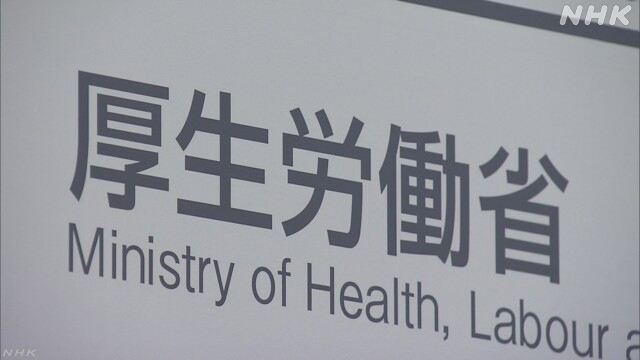According to a survey by the Ministry of Health, Labor and Welfare, only about one-fifth of the prefectures and other prefectures are aware of the medical institutions that can handle the aftereffects of the new coronavirus.
Last month, the Ministry of Health, Labor and Welfare conducted a questionnaire to all 157 local governments, including prefectures and ordinance-designated cities that have health centers.
According to this, while all local governments had consultation counters such as call centers, 22% made a list of medical institutions that can deal with sequelae and made them known on their homepages and local government counters.
In addition
, 20% of respondents answered that there is a medical institution designated as a medical
examination destination.
According to the Ministry of Health, Labor and Welfare, "For sequelae, we have also created a medical guide for medical professionals, and there are many things that can be dealt with by general medical care. People suffering from symptoms can smoothly contact their family doctors and local medical institutions. I would like to proceed with efforts to connect to. "
Expert "The national and local governments firmly disseminate correct information"
Professor Akihito Yokoyama of Kochi University, who was the representative of the national research group investigating the actual condition of sequelae, said, "Some patients are swayed by uncertain treatment methods and other ill-advised information, so the national and local governments should provide correct information. It is necessary to make a call. It is necessary for the family doctor to understand that the aftereffects are extremely diverse and to educate them to be close to the patient. "
Regarding measures against sequelae, he said, "It is important to take proper measures against infection. It is known that vaccination will reduce the frequency of sequelae, so I would like vaccination to proceed for prevention."

